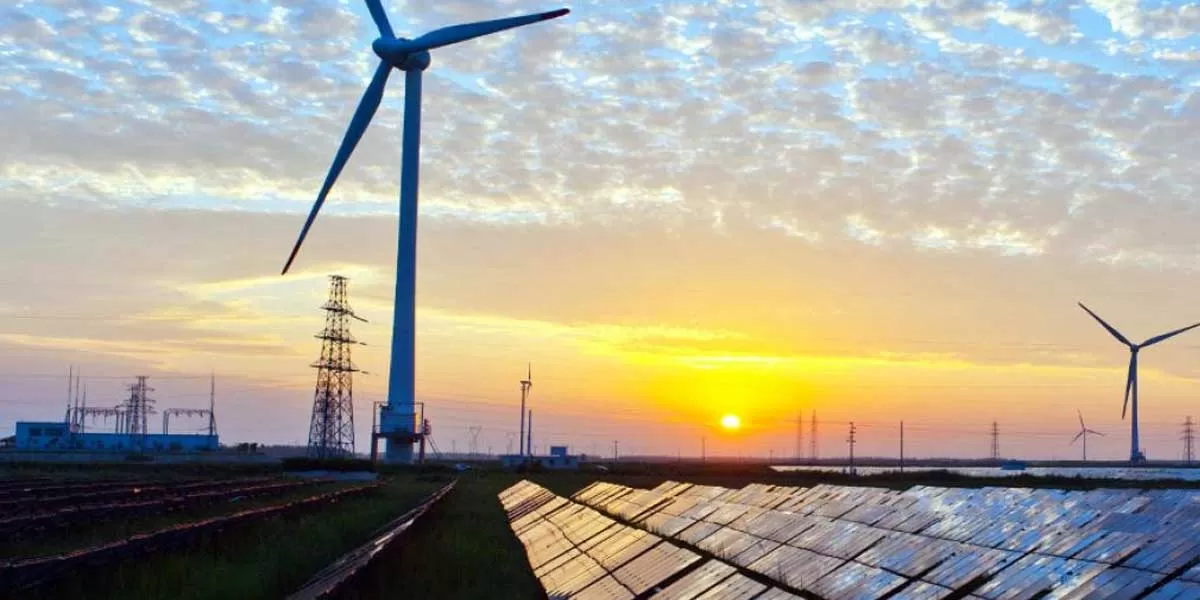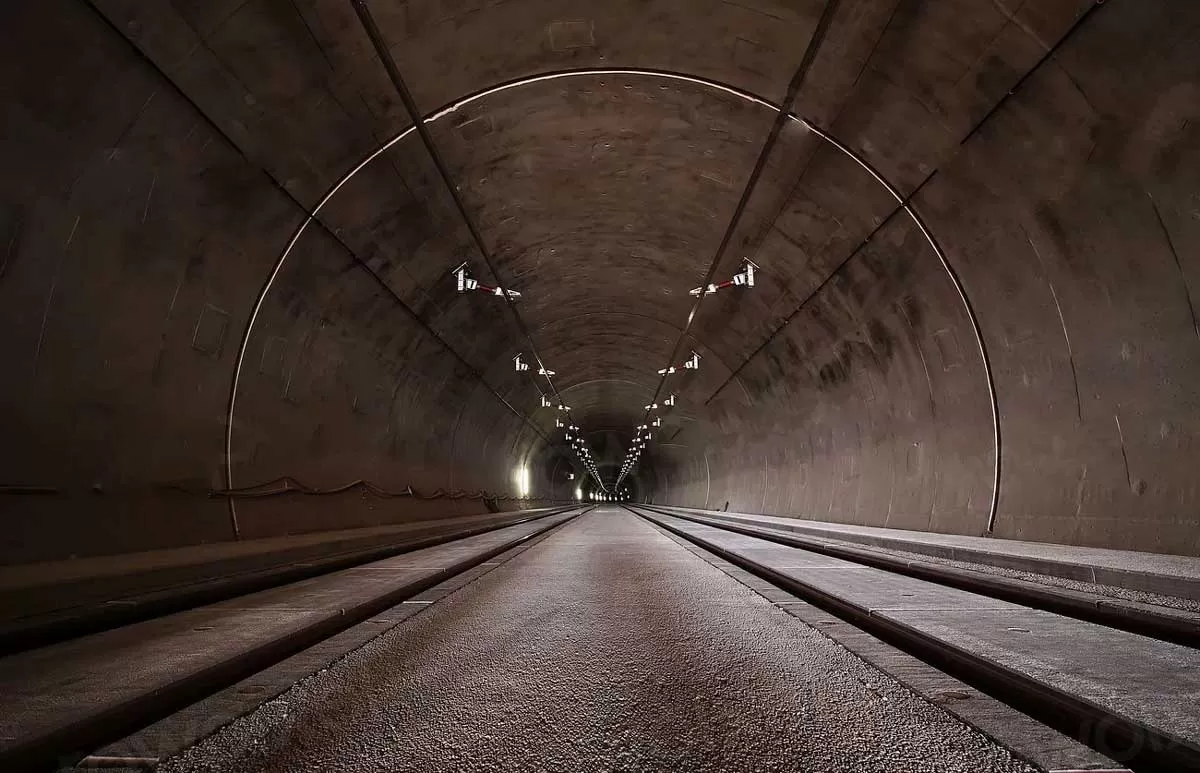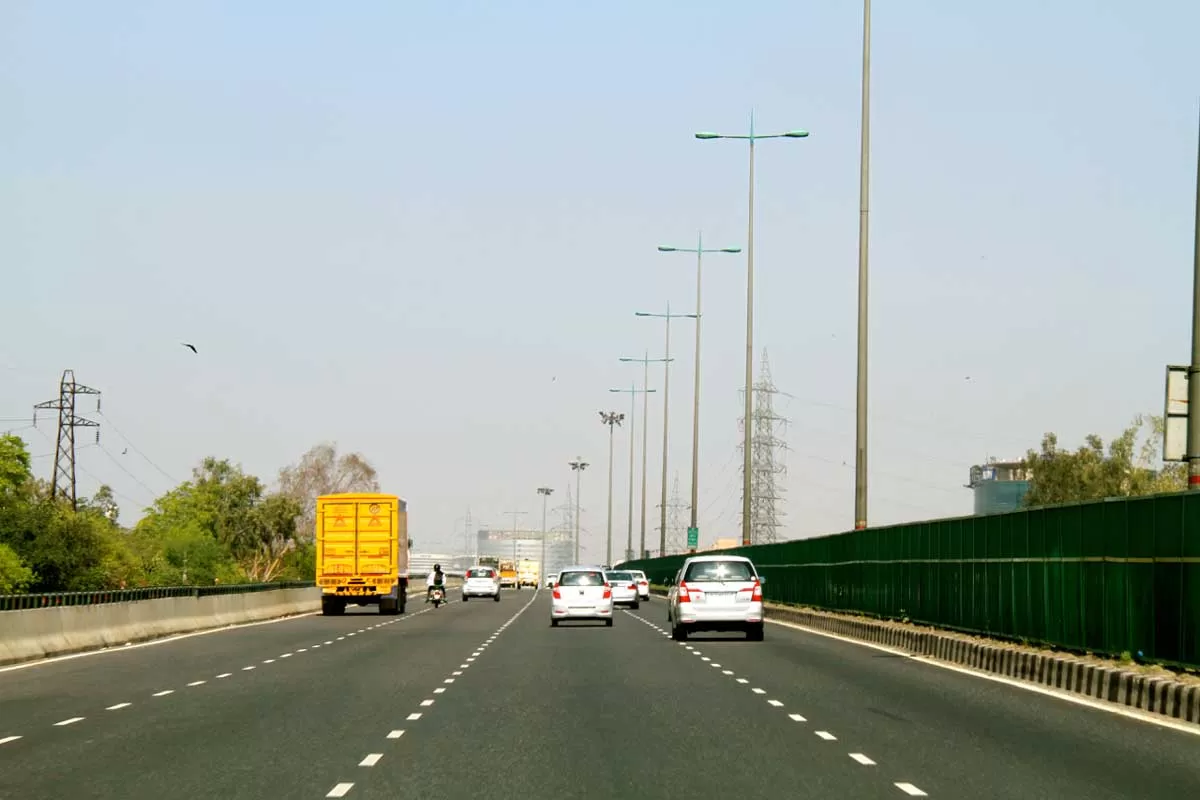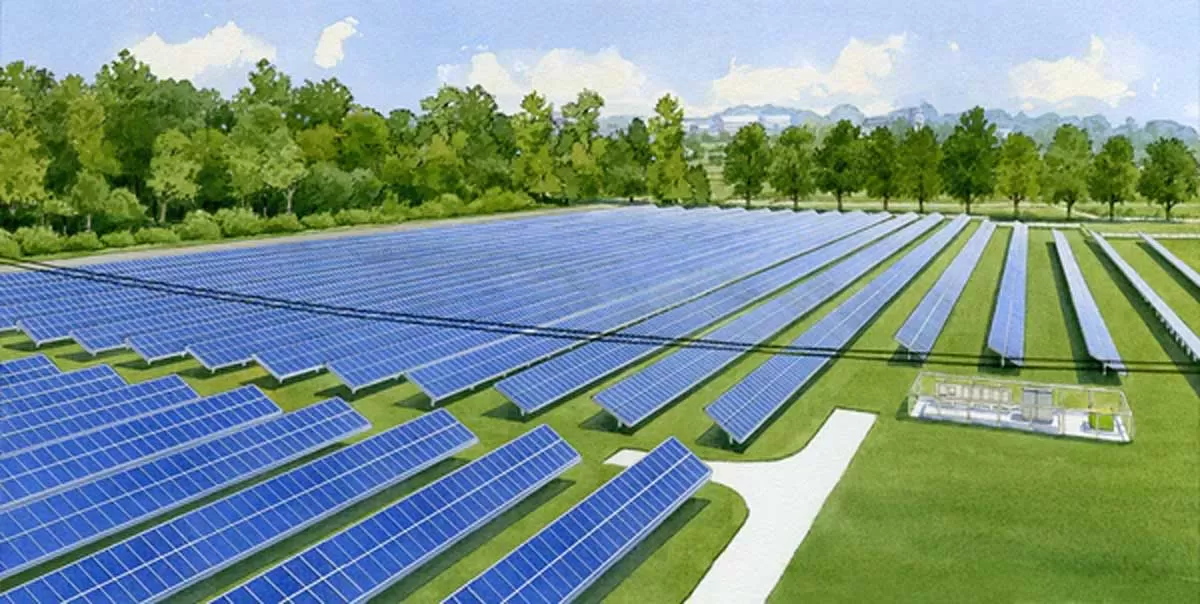

CIDCO Reviews Kharghar–Turbhe Tunnel and Housing Projects
Vijay Singhal, Vice-Chairman and Managing Director of City and Industrial Development Corporation (CIDCO), conducted a site review on Tuesday of the proposed Kharghar–Turbhe Tunnel Link Road and CIDCO’s housing scheme in Kharghar, Navi Mumbai.He was accompanied by Joint Managing Directors Shantanu Goel and Dr Raja Dayanidhi, Chief Engineer for Navi Mumbai International Airport and Special Projects Sheela Karunakaran, Additional Chief Engineer Prabhakar Phulari, and Superintending Engineer Santosh Ombhase.The tunnel project is expected to significantly improve north-south connectivity in Na..

HG Infra Subsidiary Wins Rs 11.23 Bn Highway Contract in Odisha
HG Infra Engineering’s wholly owned subsidiary, HG Raipur Visakhapatnam OD-6 Pvt Ltd, has secured a contract worth Rs 11.23 Bn from the National Highways Authority of India (NHAI) for the construction of a key highway segment in Odisha.The project involves developing a six-lane stretch of National Highway 130-CD, from Baunsaguar to Baraja, as part of the Raipur–Visakhapatnam Economic Corridor. It will be executed under the hybrid annuity model, which combines upfront government support with long-term private sector operation.Designed to improve regional connectivity and boost infrastructur..

UP Govt Signs MoUs to Boost Solar Energy
The Uttar Pradesh government has signed memoranda of understanding (MoUs) with the Smart Energy Council of Australia and the Hinduja Group to advance its green energy transition. The state aims to generate 500 gigawatts (GW) of solar energy by 2030 as part of its policy-driven strategy to promote clean power.The initiative focuses on transforming Bundelkhand, Vindhya, and nearby areas into key solar energy zones. Since 2017, when the state's solar capacity was only 288 megawatts (MW), it has increased tenfold, with ongoing progress under the Solar Energy Policy 2022 and a near-term goal of 2,2..














